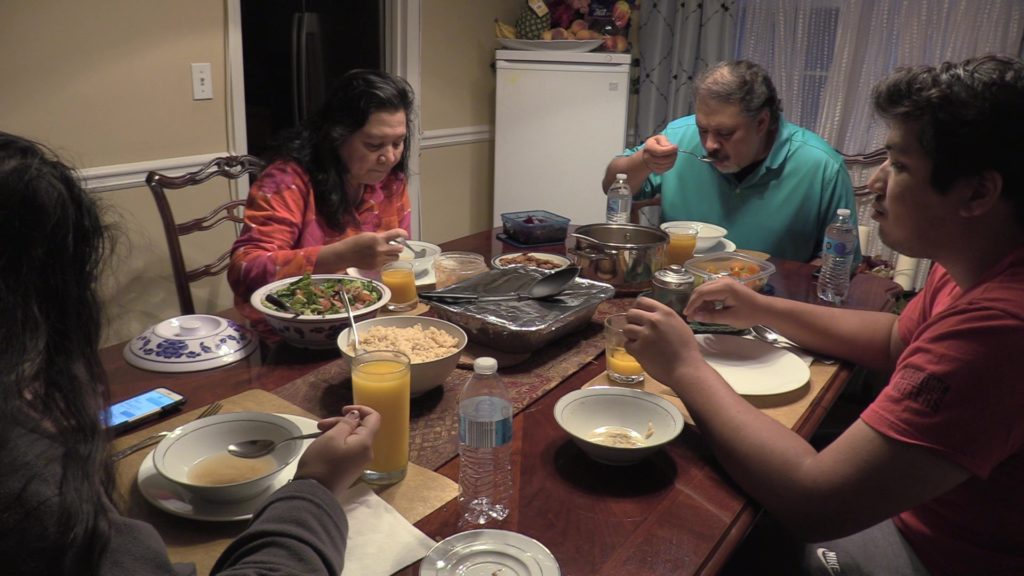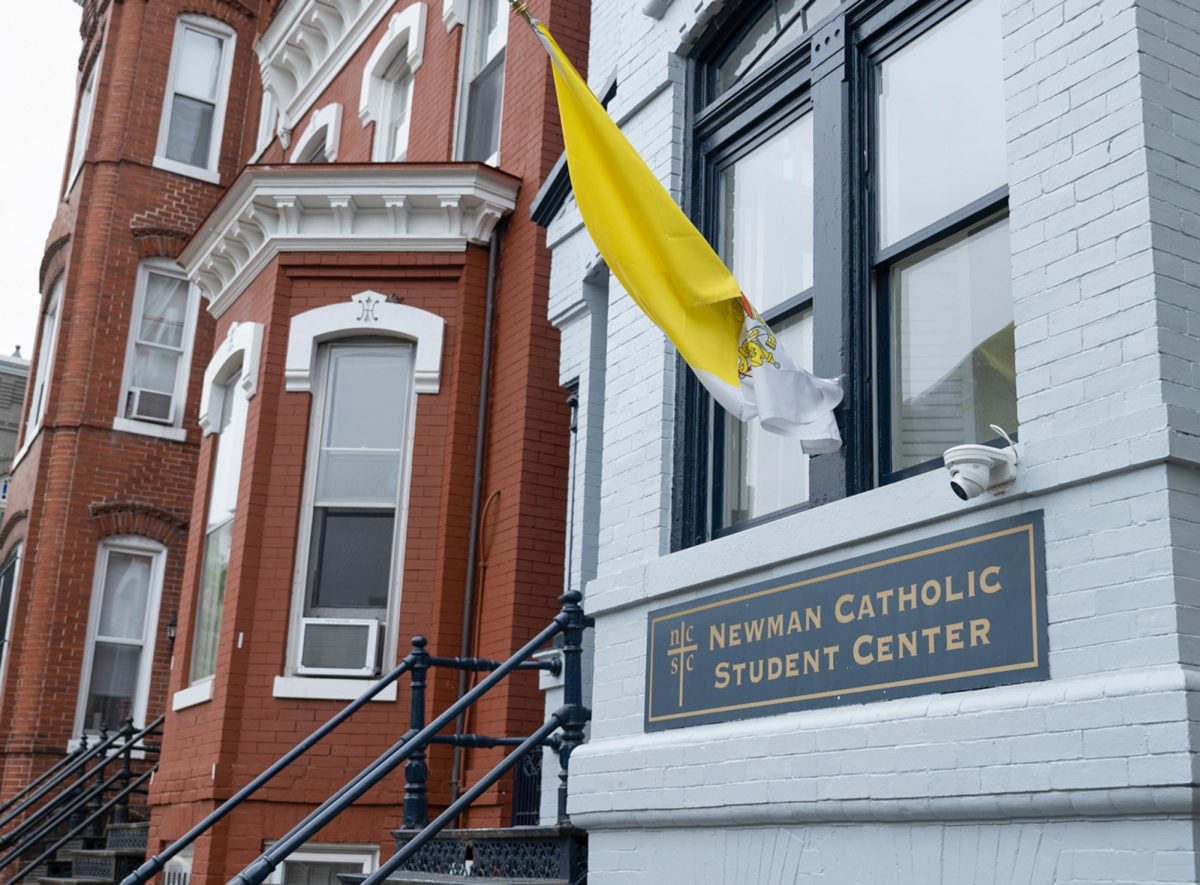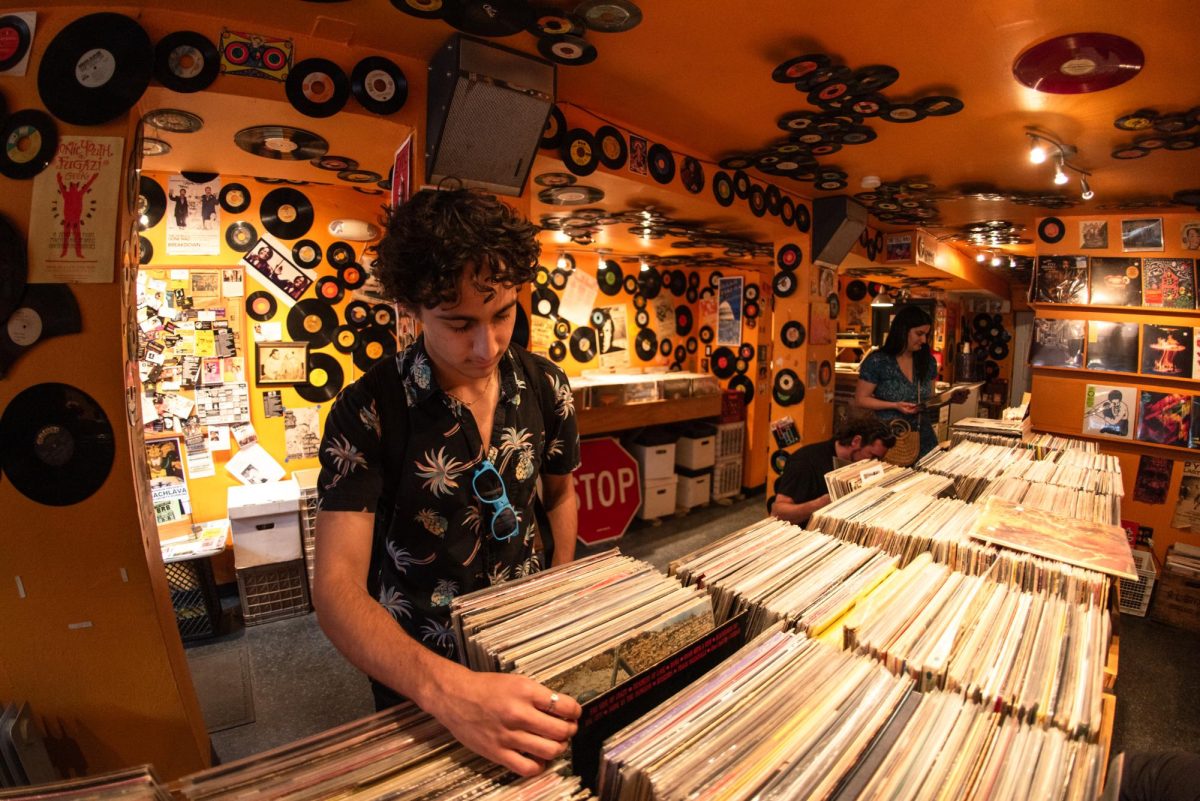Before the pandemic forced many places of worship to close, recent graduate Sayf Merzouk spent Ramadan attending “Taraweeh”, nightly prayers conducted in mosques, alongside friends and family.
But for the past few weeks of Ramadan, Merzouk said he has filled the time by reading the Quran, praying by himself and spending time with his parents. He said his sense of time while in quarantine can feel “simultaneously fast and slow,” making fasting during Ramadan particularly “tiresome.”
“I think I can speak for most people when I say quarantine has altered our perception of time,” he said.
Usually a period of congregation during which Muslims engage in nightly prayer and community “iftars” – breaking fast – those observing Ramadan have needed to adapt their traditions in the wake of the pandemic. In interviews, Muslim students said they miss being able to spend time with friends and family to pray and break fast, but they have been able to more intentionally observe the holiday by themselves or with immediate family.
Recent graduate Isha Rauf said Ramadan is typically a “community-based holiday month,” but this year she isn’t able to gather with others for worship.
“I miss being in the mosque when it’s just way too packed,” she said. “There’s too many people. It’s too loud. You want to kick someone’s kid. Just the chaotic, hectic experience.”
Rauf said her days typically stretch from 1 p.m. to 6 a.m., which helps her fast throughout the day. She fills her days by completing schoolwork, reading the Quran, scrolling through TikTok and enjoying time with her family, she said.
She added that while she misses being able to pray in a mosque, praying by herself has helped her focus and spend time alone and away from her family.
“Especially because [my family and I] are all in a confined space 24/7, it’s good to find alone time for [myself],” she said.
Graduate student Ibrahim Diane, who lives by himself in Silver Spring, Maryland, said he usually passes time by spending time with others recognizing Ramadan, but he has needed to find ways to keep himself occupied alone.
“Normally, at least I could go to the mosque, which really gives you a sense of purpose,” Diane said. “Just to get out and have something else to do so you’re not so in your head.”
Diane said that while time passes slowly, he is exerting less energy throughout the day, which helps him fast. During his nightly meals, Diane said he has tried to find comfort in “typical dishes” he would usually eat with family.
“I’ve tried to cook the typical dishes that we eat but, aside from that, everything is different when your family’s not with you,” he said. “[Ramadan] revolves around community and togetherness: praying together, waking up together to eat, struggling together. You can’t replicate that.”
Diane said that without being able to celebrate Ramadan with other people, he has needed to find motivation to fast and pray. He said Ramadan has become more meaningful because he has more time to think about why he chooses to observe it.
“When you are alone, it’s harder to motivate yourself and easier to question things,” he said. “When you begin to fast away from your culture, you really mean it, it really has to come from you.”
Recent graduate Majula Swareh said recognizing Ramadan this year has helped her become more “intentional” about why she fasts. Most Muslims seek to form a closer connection to God during Ramadan, she said.
“Often times we grow up Muslim culturally, so we’re just fasting because we’re fasting with groups of people as opposed to making the conscious decision to fast because it’s the right thing to do or because I’m trying to get in touch with myself and with God,” she said.
Swareh, who is accustomed to hosting four to five people in her off-campus apartment for meals during Ramadan, said she has adjusted to cook in smaller portions to feed just herself and her sister.
“In African cultures in general, we cook in bulk so I don’t know how to cook in small amounts,” she said. “If I’m craving something, but my sister doesn’t want it, I don’t know how to make a small portion for myself.”
She added that observing Ramadan away from the rest of her family is frustrating, but she is using the month to focus on praying.
“We’re in the middle of a global pandemic, so you really have no choice but to pray,” she said.







